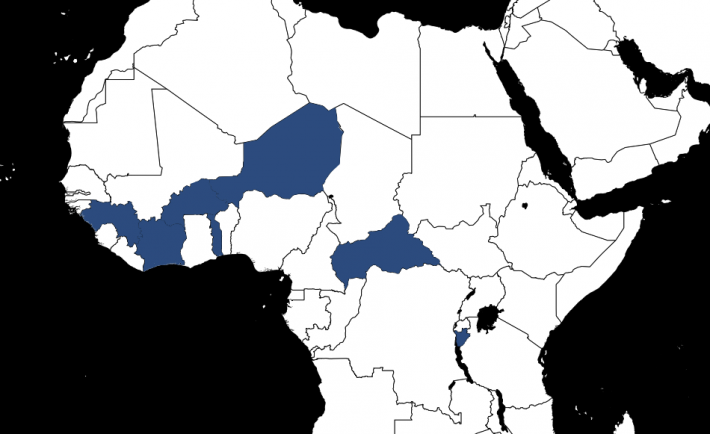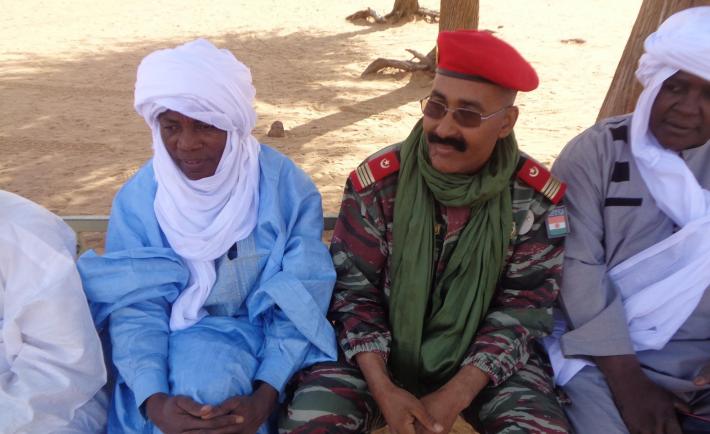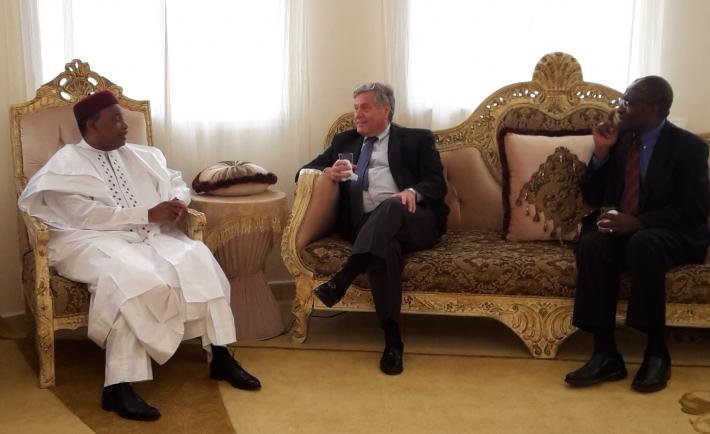
Seven francophone African countries will hold presidential elections in 2020: Burkina Faso, Burundi, Central African Republic, Cote d'Ivoire, Guinea, Niger and Togo.
As the electoral calendar has it, a critical mass of francophone African countries holds presidential elections every five years – next time in 2020. The politics of these seven elections provides a good indicator of general democratic trends in French-speaking West and Central Africa. None of the seven countries has previously experienced a peaceful transfer of power from one elected president to the next.




